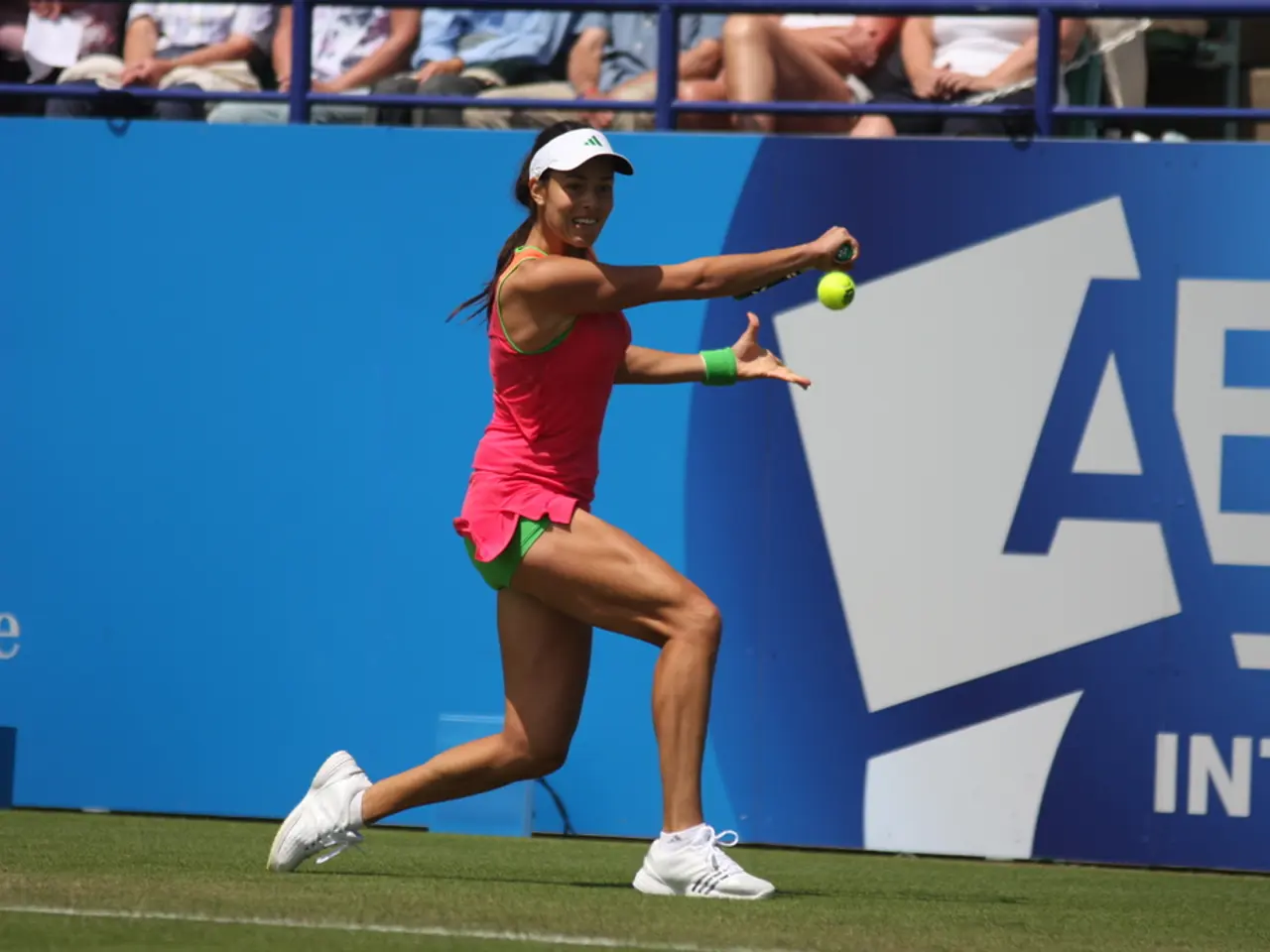Unacceptable Racial Harassment Towards Jess Carter Highlights a concerning Pattern in Female Athletics, Portraying a Dismal Image
In the world of women's football, a pattern of racial abuse against Black and Brown athletes has emerged, casting a dark shadow over an otherwise celebrated sport. This unfortunate trend was recently highlighted in the case of Jess Carter, a defender for the Lionesses, who announced a step back from social media due to an increase in racial abuse during the UEFA Women's Euros.
The growth of the women's game has brought more scrutiny, but not all eyes are kind and exciting. Sky News, in praising the "tribalism without toxicity" of female football fans, overlooks the numerous cases of Black and Brown players and fans experiencing racism. The sport, often perceived as non-toxic and inclusive, has a racial problem that needs addressing.
Being a woman of colour in the public eye is challenging, and for a woman of colour who plays for a national team, the scrutiny can be immense. Anita Assante, a former football player and coach to England's Under-23 squad, has stated that Black and Brown people don't have the ability to dismantle the structures that uphold racism because they don't have access to the lever of power.
The euphoria that football is supposed to spark in fans is ruined if players or fans are spending their game day worrying about the players or their own safety due to racism and misogyny. This is particularly disheartening given England's success in making it to the semi-finals of the UEFA Women's Euros.
Actions being taken to address the increase in racial abuse towards female football players include coordinated efforts by football organisations, teams, and safety professionals to monitor, report, and combat online abuse and racism. During major tournaments like Women's EURO 2025, UEFA implemented a dedicated online abuse monitoring program, working closely with social media platforms and law enforcement to identify and remove abusive content and safeguard affected individuals.
The England women's team has publicly supported players facing abuse and decided to stop certain symbolic gestures like taking the knee to seek more effective ways to tackle racism, indicating a shift in strategy. Other measures include the deployment of cross-functional safety groups, collaboration with social media platforms, public statements and widespread support within teams, and continued advocacy by organisations like Kick It Out.
However, meaningless gestures like taking the knee or posting black squares on social media have not effectively addressed the ongoing issues in women's football. The experiences of Black and Brown women are often overlooked and ignored in women's football spheres due to the whiteness of many queer spaces and women's football. Black women in women's football, such as Jess Carter, Lauren James, Bunny Shaw, Daniela Caracas, and Taylor Hinds, have spoken out about the abuse and harassment they receive at games and online.
Change must begin now to ensure that young Black girls feel safe and supported enough to represent their country on the world stage without fear of abuse. Research in May by Women in Sport found that 48% of Black girls fall out of love with sport in their teens because of issues such as racism, misogyny, and inflexible sporting structures. The lack of diversity in women's football teams has been a hot topic, with the England Women's squad criticized for not having enough Black or Brown players.
In conclusion, the rising racial abuse in women's football is a serious issue that requires immediate attention and action. The sport's governing bodies, teams, and fans must work together to combat racism and misogyny, create safe and inclusive spaces, and ensure that every player feels valued and supported. Only then can we truly celebrate the beautiful game and its players.
- The pattern of racial abuse in women's football, particularly against Black and Brown athletes, challenges the sport's perception as non-toxic and inclusive.
- The experiences of Black and Brown women in women's football, including players like Jess Carter, Lauren James, and Taylor Hinds, are often overlooked and ignored.
- Diversity in women's football teams, such as the England Women's squad, has been a hot topic, with critical analyses suggesting a lack of Black or Brown players.
- To create safe and inclusive spaces in women's football, it's crucial to address the racial problems that persist and ensure that young Black girls feel supported and valued as they represent their country.





